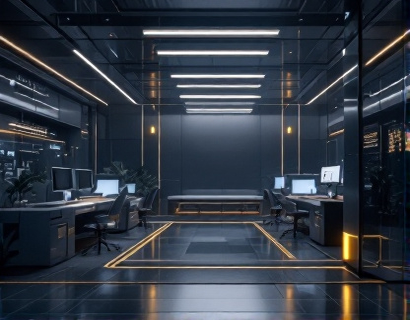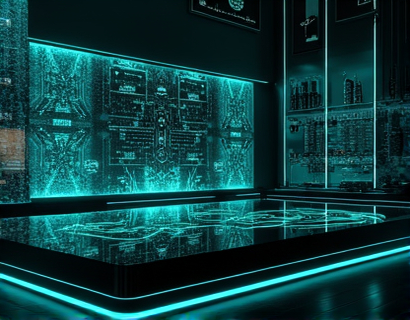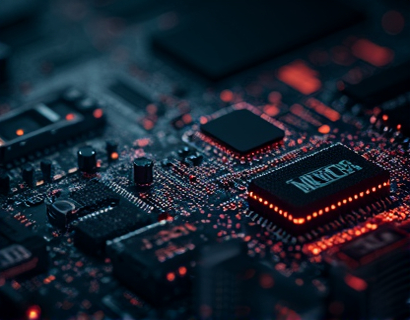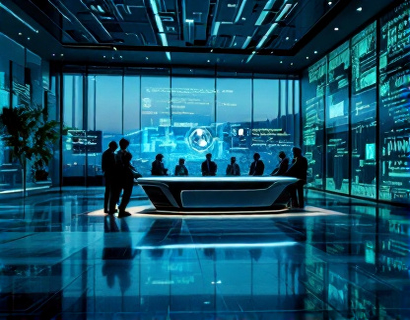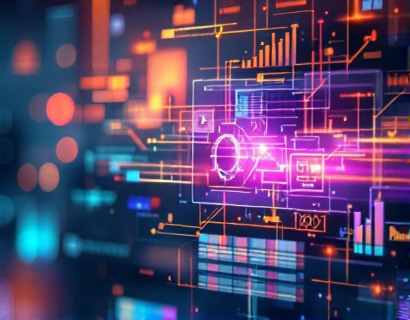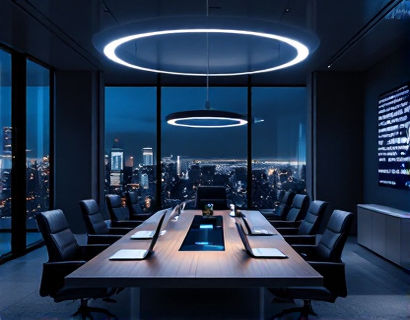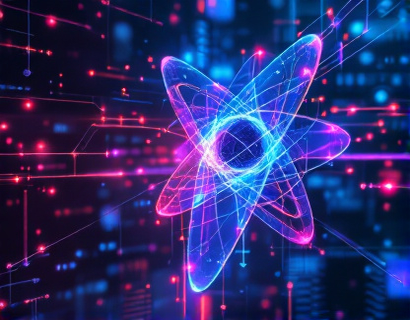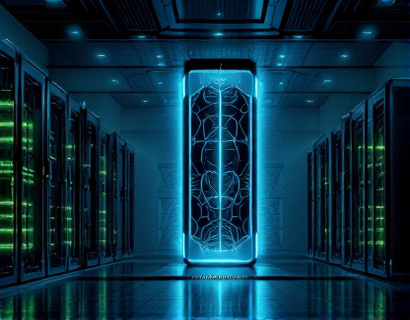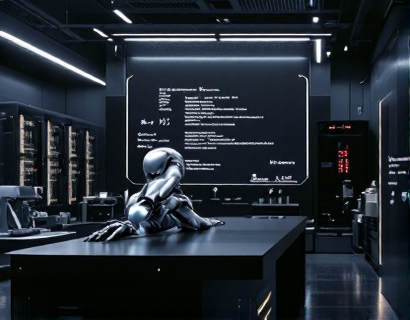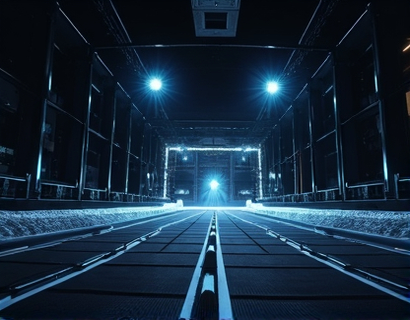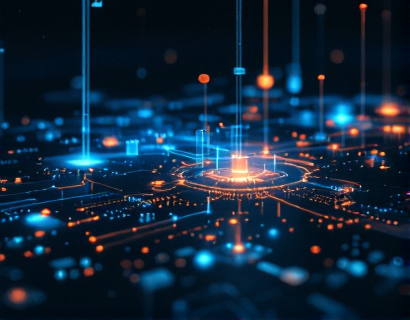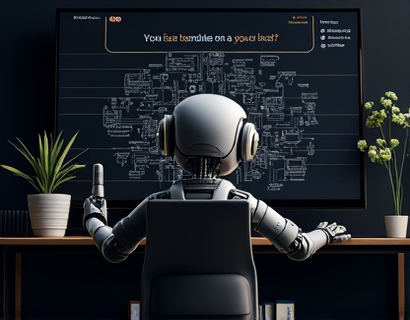Revolutionizing Event Audio-Visual Control with Advanced Lighting and Sound Hardware Solutions
In the dynamic world of event planning and production, the ability to seamlessly manage audio-visual elements is crucial for delivering exceptional experiences. Advanced lighting and sound hardware solutions, coupled with sophisticated management software, are transforming the way event planners and production managers approach their craft. This article delves into the intricacies of these technologies, highlighting how they can streamline operations, enhance control, and elevate the overall quality of events.
The integration of cutting-edge lighting and sound systems is no longer just a luxury but a necessity in modern event production. These systems form the backbone of any successful event, setting the mood, enhancing the atmosphere, and ensuring that every moment is memorable. However, the complexity of managing these systems can be daunting. This is where advanced hardware management software comes into play, offering a robust solution to the challenges faced by event professionals.
Understanding the Importance of Advanced Hardware Management Software
Advanced hardware management software is designed to simplify the control and integration of lighting and sound systems. These tools provide a centralized platform for managing all aspects of audio-visual equipment, from setup and configuration to real-time control and monitoring. The primary benefit of such software is the significant reduction in complexity, allowing event teams to focus more on creativity and less on technical hurdles.
The software typically includes features such as scene management, cue scheduling, and automated transitions. These features ensure that every element of the audio-visual setup is precisely coordinated, reducing the risk of errors and delays. For instance, scene management allows users to create and save specific configurations for different parts of the event, making it easy to switch between various settings with a few clicks. Cue scheduling enables the precise timing of lighting and sound effects, ensuring that every moment is synchronized perfectly.
Seamless Integration and Optimal Performance
One of the key advantages of advanced hardware management software is its ability to ensure seamless integration of different systems. Modern lighting and sound equipment often comes from various manufacturers, each with its own control protocols and interfaces. This diversity can lead to compatibility issues and increased setup time. Advanced software bridges this gap by providing a unified interface that supports multiple protocols, including DMX, Art-Net, and OSC.
This unified approach not only simplifies the setup process but also enhances the overall performance of the systems. By centralizing control, event teams can monitor and adjust all devices in real-time, making it easier to troubleshoot issues and make on-the-fly adjustments. This level of control is particularly crucial for large-scale events where multiple stages and areas need to be coordinated simultaneously.
Enhanced Reliability and Ease of Use
Reliability is paramount in event production, where the stakes are high and the margin for error is low. Advanced hardware management software is designed with reliability in mind, offering robust features that minimize the risk of technical failures. For example, the software can perform self-diagnostics and health checks on connected devices, alerting users to potential issues before they become critical.
Ease of use is another critical factor. The software should be intuitive and user-friendly, allowing even those with limited technical expertise to navigate and control the systems effectively. This is achieved through a well-designed user interface, clear documentation, and comprehensive training resources. By reducing the learning curve, event teams can focus on the creative aspects of their work, knowing that the technical foundation is solid and reliable.
Real-World Applications and Case Studies
To better understand the impact of advanced hardware management software, let's explore some real-world applications. Consider a large music festival with multiple stages, each featuring different acts and lighting designs. Using advanced software, the production team can create and save specific scenes for each performance, ensuring that the transition between acts is smooth and seamless. The centralized control allows for real-time adjustments, such as changing the color temperature or intensity of lights to match the mood of the music.
Another example is a corporate conference where precise lighting and sound are essential for presentations and keynote speeches. The software can be configured to automatically adjust the lighting and audio settings based on the type of content being presented. For instance, dimmed lights and focused sound for a speaker, and brighter lights and ambient sound for a networking session. This level of customization enhances the audience's experience and keeps them engaged throughout the event.
Scalability and Flexibility
Advanced hardware management software is not only powerful but also highly scalable and flexible. Whether you are managing a small intimate gathering or a large-scale outdoor festival, the software can adapt to the specific needs of the event. This scalability ensures that the solution remains relevant and effective, regardless of the event's size or complexity.
Flexibility is another key aspect. The software should support a wide range of devices and systems, allowing for easy integration of new equipment as technology evolves. This forward-compatibility ensures that event teams can future-proof their investments, avoiding the need for frequent upgrades or replacements.
Collaboration and Remote Management
In today's connected world, the ability to collaborate and manage events remotely is increasingly important. Advanced hardware management software often includes features that facilitate remote access and control. This is particularly useful for production managers who need to oversee multiple venues or stages from a central location. Real-time monitoring and control capabilities enable them to make adjustments on the fly, ensuring that every aspect of the event runs smoothly.
Collaboration tools within the software also enhance teamwork. Multiple users can access and control the systems simultaneously, with clear role-based permissions to ensure that everyone has the appropriate level of access. This collaborative approach streamlines communication and decision-making, reducing the potential for miscommunication and errors.
Energy Efficiency and Sustainability
Sustainability is a growing concern in the event industry, and advanced hardware management software can play a significant role in promoting energy-efficient practices. By optimizing the use of lighting and sound equipment, the software can help reduce energy consumption and lower carbon footprints. For example, automated dimming and power-saving modes can be programmed to adjust based on the time of day or the presence of audience members.
Additionally, the software can provide insights into energy usage patterns, helping event planners make informed decisions about equipment selection and usage. This data-driven approach not only contributes to sustainability goals but can also lead to cost savings, as reduced energy consumption translates to lower utility bills.
Future Trends and Innovations
The field of event audio-visual control is rapidly evolving, with new technologies and innovations emerging regularly. One such trend is the integration of artificial intelligence (AI) and machine learning (ML) into hardware management software. AI can analyze historical data and user preferences to predict and automate certain tasks, further enhancing efficiency and personalization.
Another exciting development is the use of wireless and battery-powered devices, which offer greater flexibility and ease of setup. These devices can be easily moved and repositioned without the need for extensive cabling, making them ideal for dynamic events where setup and teardown are frequent.
Virtual and augmented reality (VR/AR) are also starting to make their way into event production, offering immersive experiences that traditional lighting and sound systems cannot provide. Advanced hardware management software can support these technologies by integrating with VR/AR devices, ensuring that the audio-visual elements are perfectly synchronized and enhanced.
Conclusion
Advanced lighting and sound hardware solutions, combined with sophisticated management software, are revolutionizing the way events are produced. These technologies offer unparalleled reliability, ease of use, and control, enabling event planners and production managers to focus on creating exceptional experiences. By embracing these innovations, the event industry can continue to push the boundaries of creativity and excellence, delivering unforgettable moments for audiences around the world.



